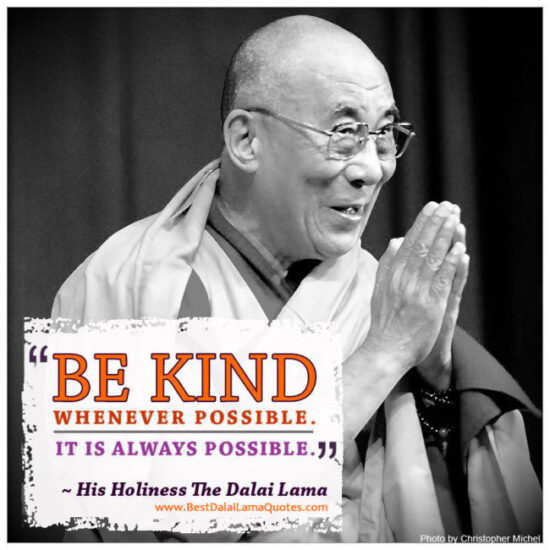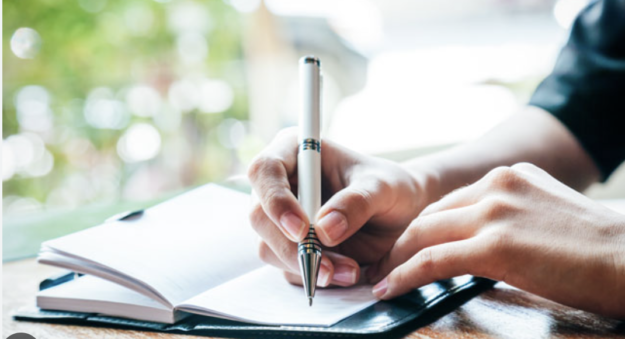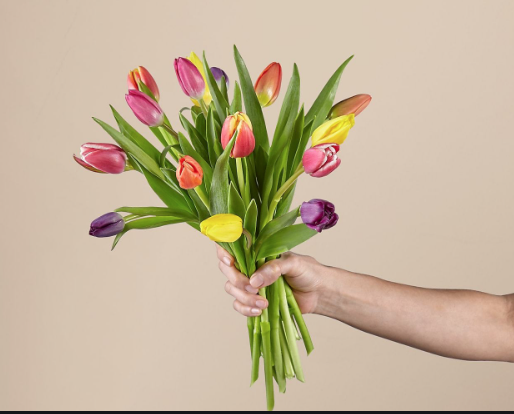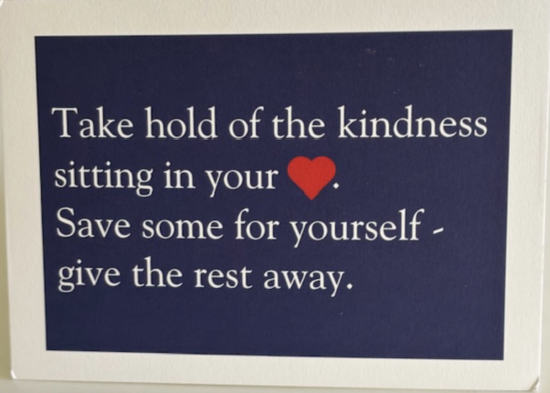Despair has become my unwelcome visitor. Every time I read about the deteriorating conditions of life in Gaza my stomach churns. Tears come easily.
This weekend I took myself to task, realizing I better come up with a strategy ASAP or I will be swallowed up by my despair over Gaza.
Suddenly I remembered what worked for me in the past. It’s so simple that I overlooked it: a kindness practice.
The more I focus on being kind to random strangers, family members and friends, the more kindness is reciprocated. In turn I feel hopeful, less depressed. Less disconnected from the world. Furthermore. I like to think that when I offer kindness, I’m adding to the huge kindness deficit in the world. Kindness has a ripple effect.
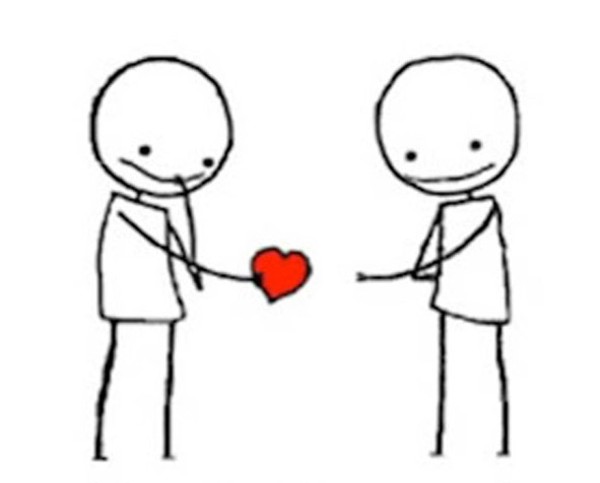 To keep me on track, I posted inspirational quotes in my study. Among them is Aldous Huxley’s seasoned advice for solving the human problem: “Try to be a little kinder.” The Dalai Lama makes it plain and simple when he says, “My religion is the religion of kindness.”
To keep me on track, I posted inspirational quotes in my study. Among them is Aldous Huxley’s seasoned advice for solving the human problem: “Try to be a little kinder.” The Dalai Lama makes it plain and simple when he says, “My religion is the religion of kindness.”
I started my week with a promise to myself to focus on finding opportunities to be kind. I remembered a relative newly installed in assisted living, which has her mildly depressed. I mailed her a cheerful card with a note listing her many qualities I admire: her piano playing at family events, her ready laugh and her decades-long work for civil liberties.
I left a note of thanks for my postal carrier who carefully set aside my mail while I was away on vacation. Knowing she has a weakness for chocolate, I added a chocolate bar.
Shopping at Trader’s Joe, I made an effort to smile at everyone who looked my way. I left the store feeling lighter. The exchange of smiles can be magical.
Next, I made a gratitude list of what I’m thankful for in my life. I consider myself very fortunate to have financial security, a roof over my head, close friends and caring neighbors. (I had to stretch to include those family members who gab nonstop.)
Kindness is particularly challenging when I come up against hate speech, like the woman who tore into me for supporting Gaza. When this happens, I try to remember to listen to the other rather than getting defensive. I made a sincere effort to understand her, but when her verbal attacks didn’t let up, I politely took my leave. I made the choice to be kind to myself by drawing a boundary around abusive speech.
My kindness practice includes acts of self-love or self-kindness where I do things for myself that raise my spirits, like buying a bunch of tulips, going for a walk to calm my spirits or treating myself to a smashing outfit on sale.
Another way I am kind to myself is to look for opportunities to laugh. Laughter releases endorphins. I might talk to myself in a way where I make fun of my tendency to be overly serious or turn to my dog-eared copy of “The New Yorker Humor Anthology,” Wacky comics on Instagram can induce belly-laughs.
In the midst of writing this essay my mail arrived, which included a thick envelope filled with inspirational cards sent by Jane Seskin, a Manhattan writer. It felt serendipitous when this card was the first one that spilled out of the envelope.
